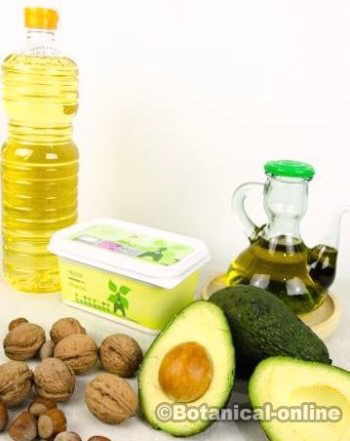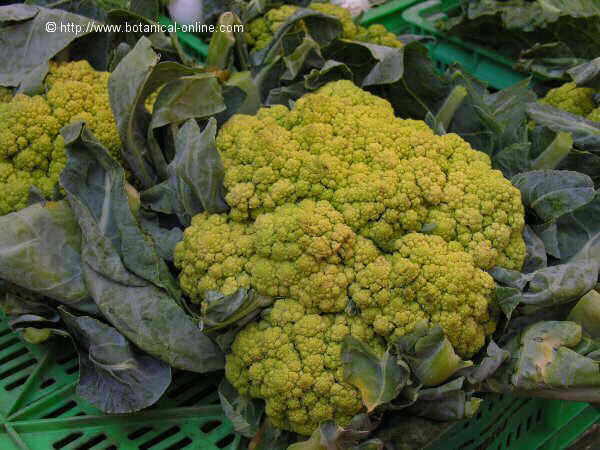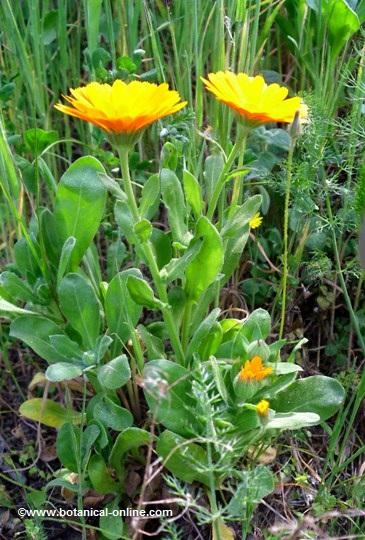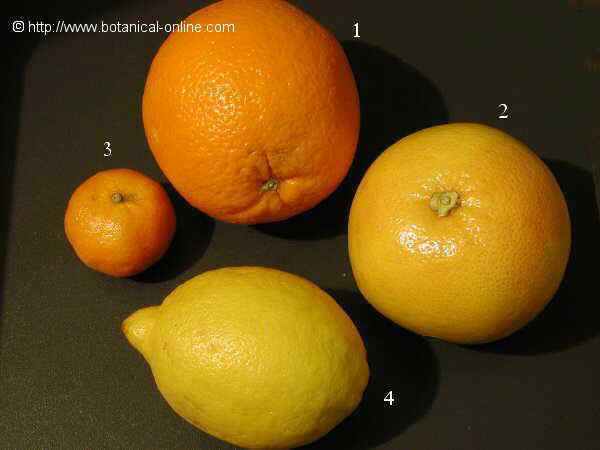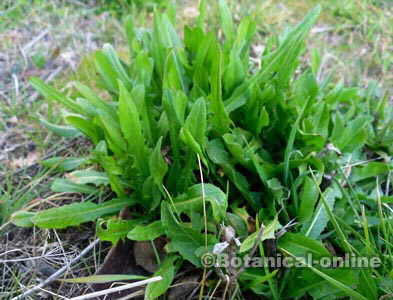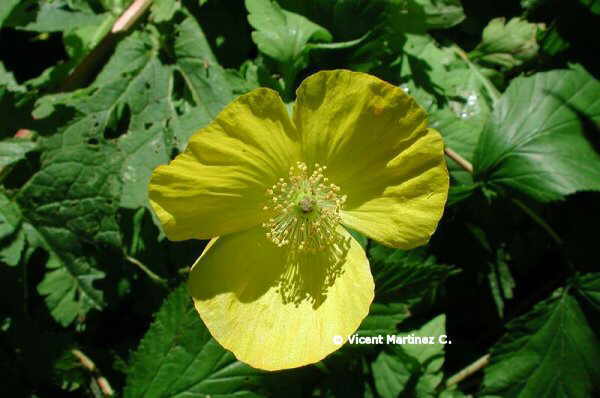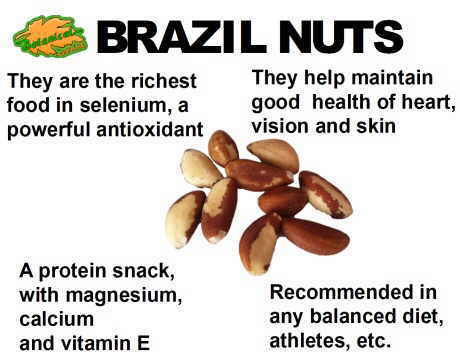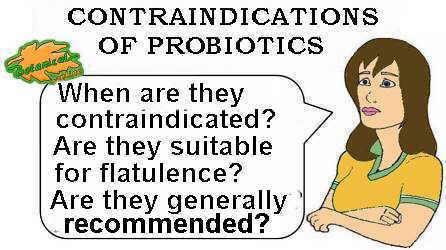Contents
Edible properties of thyme
Thyme as aromatic herb

Thyme is a good aromatic herb. It can be used to flavor the dishes, giving a typical flavor touch to the preparations that increase its medicinal properties. It is suitable to add to legume dishes in order to make them less flatulent.
It has also been used to flavor cheeses and even have come to eat tender shoots (flowers). The presence of niacin favors blood circulation, reduces cholesterol and avoids the symptom of indigestion, often associated with the lack of this element in the body.
What is the taste of thyme?
Thyme has a strong, sharp and warm taste. Fresh or dried leaves are often used in foods.
Its flavor may slightly remember oregano, because both are rich in carvacrol, the component that gives it a sharp taste. However, thyme, rich in thymol, is less spicy than carvacrol, and therefore the thyme has a milder taste than oregano.
It combines very well with other aromatic herbs and spices, such as rosemary, garlic, marjoram, savory, onion, nutmeg or lemon peel.
What foods does thyme combine with?
Thyme binds well with asparagus, beets, carrots, onions, all kinds of breads and sauces (especially in the “romesco sauce”) and also balances the taste of meats, fish, cured and creamy cheeses.
Recipes with thyme, herbal medicine in the kitchen
Using thyme in food does not only bring medicinal properties, but it is highly nutritious due to the high content of potassium, calcium and antioxidants that this plant has.
Aromatic herbs do not appear in any food pyramid or nutritional guide, but they are nevertheless a very interesting component of the diet to improve health.
Thyme for cholesterol and intestinal flora
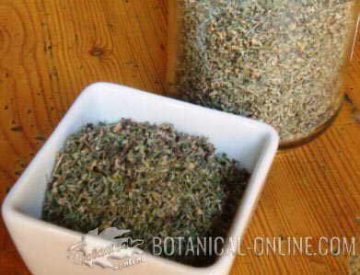
Thyme has antioxidant properties and helps to preserve food better. For this reason, the maceration of thyme in virgin olive oil (or other unrefined oil) is an excellent combination. The essential oils and thyme flavonoids help the oil to better preserve all its properties.
In addition, it has been shown in scientific studies that the consumption of olive oil macerated in thyme was able to lower the levels of LDL cholesterol (“bad cholesterol“) and increase the population of intestinal bifidobacteria.
For all this, it seems that aromatic herbal oil, such as thyme oil, is an excellent resource for improving cardiovascular health and for improving the intestinal microbiota.
Thyme for hypertension
Aromatic herbs, such as thyme, have great nutritional properties for hypertension. They stand out because they are the foods richest in potassium, a mineral with proven properties to improve hypertension, heart health and bones. A diet with little potassium has also been linked to an increased risk of kidney stones.
Therefore, it is recommended that people with hypertension and heart problems incorporate daily abundant aromatic herbs to meals, especially thyme, for the properties mentioned.
Industrial uses of thyme
Thyme is also used to extract oils for industrial use. From it, products like anethole, used in the manufacture of perfumes, or carvacrol, can be extracted.
Dangers. Is thyme safe?
In the established doses, its use has no toxicity whatsoever. The daily amount of thymol corresponds to 1-4g per day of dry herb. The greatest adverse effects of thymol poisoning observed so far are dizziness, nausea, intestinal discomfort, headache and mental confusion.
However, when essential oil is used, it should never be used in cases of pregnancy, ulcer or heart problems. Cases of stomatitis, cheilitis and skin irritations have been reported due to the use of dentifrices and shampoos that contained essential oil of this plant.
Excessive or prolonged use of the essential oil, due to its content in thymol, can produce hyperthyroidism or intoxication, due to irritation of the digestive system.
*Related information:
Thyme herbal remedies for the skin
![]() More information on thyme
More information on thyme

